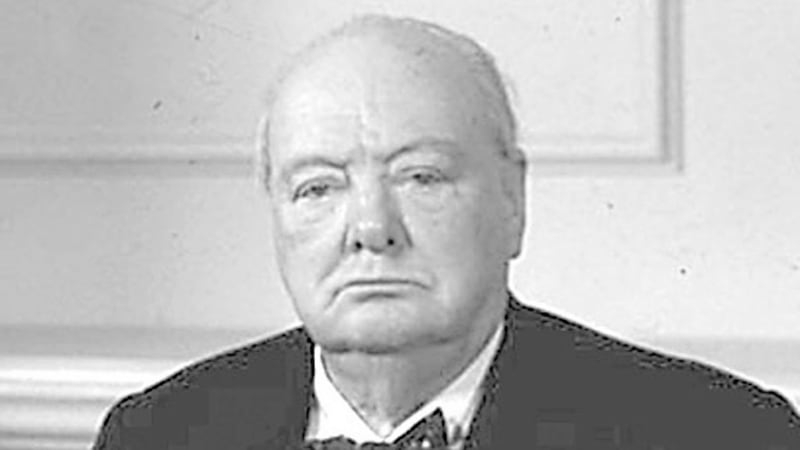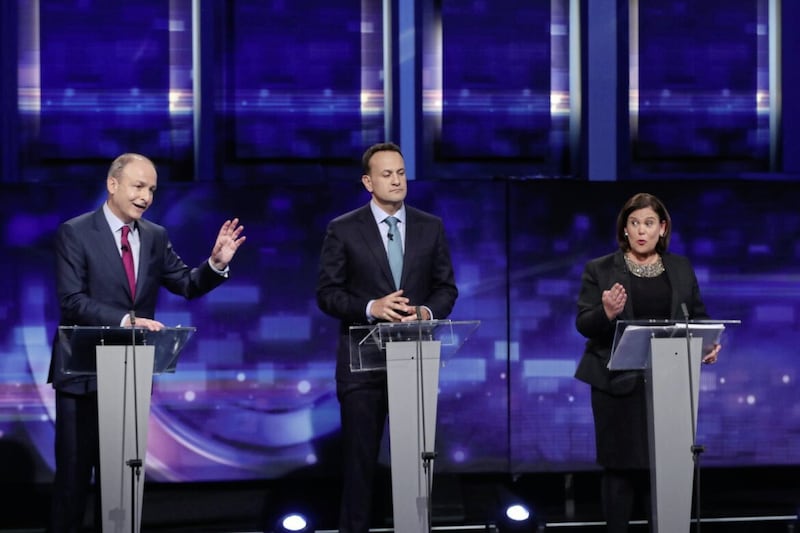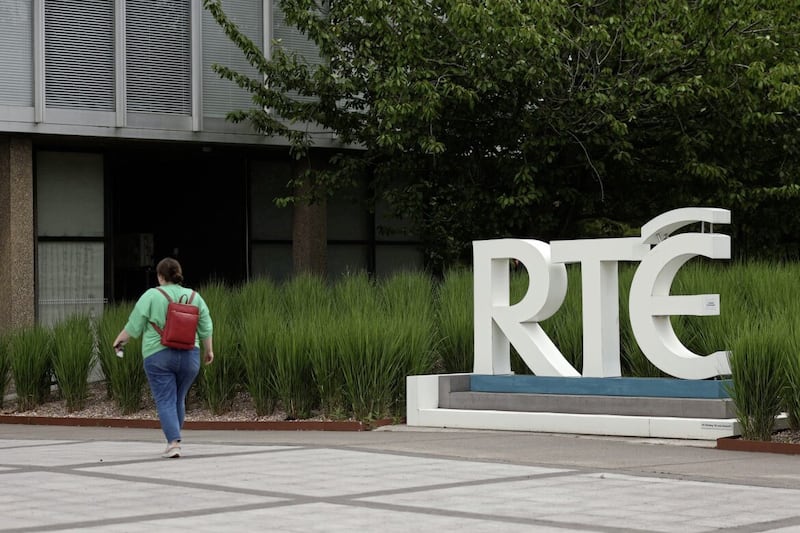WINSTON Churchill is quoted as saying about his Labour counterpart: “Mr Attlee is a very modest man. Indeed he has a lot to be modest about.”
One thing that Clement Attlee could be very proud of, however, was that he led the Labour Party to a landslide victory over Churchill’s Tories in a general election, at the end of the Second World War on the European front.
Meanwhile, on a personal level, I felt momentarily tempted of late to overcome my natural modesty and shyness to claim just a tiny fraction of the credit for apparent progress in the negotiations over the Northern Ireland Protocol.
In my column on October 20 I noted that, despite the European Union’s willingness to ease checks on trade at “the Irish Sea border” between Britain and Northern Ireland, the UK still had a sovereignty issue over the European Court of Justice (ECJ) as the ultimate arbiter in any dispute. My article made the point that, in bilateral treaties between the EU and countries such as Ukraine, any dispute that can’t be mutually resolved goes to an arbitration panel, with the ECJ only being called in to deal with questions relating to the interpretation of EU law.
The following week, I wrote: “There is very detailed provision for in-depth consultation and arbitration between Brussels and the authorities in Kiev when difficulties arise, e.g., in relation to ‘customs and trade facilitation’.” It was later reported that journalists were being briefed that the UK government was planning to back off from its total rejection of any role for the ECJ.
But then the news broke that Lord Frost was stepping down as Brexit minister. Whatever his personal line on the ECJ and other issues, his departure would inevitably create instability in the negotiating process. He has been replaced by Foreign Secretary Liz Truss who was against Brexit in the 2016 referendum.
Although he didn’t mention the protocol in his resignation statement, last Monday’s ‘Financial Times’ reported that Frost was “comfortable with the compromise” over the ECJ and that Johnson was taking a harder line. Certainly the prime minister is under a lot of pressure from the Eurosceptic wing of the party at the moment. Mind you, the Tories might have trouble finding an alternative leader who could win the next general election, even by a much-smaller margin than the 80-seat majority Boris chalked-up last time.
Prior to becoming the initially-popular and later embattled prime minister of the United Kingdom, Boris Johnson wrote a book entitled ‘The Churchill Factor: How One Man Made History’ (Hodder & Stoughton 2014). A quote from the book reads: “His enemies detected in him a titanic egotism, a desire to find whatever wave or wavelet he could, and surf it long after it had dissolved into spume on the beach”.
Johnson’s assessment of Churchill sounds rather like what critics of Boris himself are coming out with nowadays. He surfed to victory in the last general election but the wave of popularity he attracted has dissolved into spume, at least for the present. Politics is a fickle game at times and today’s hero can be tomorrow’s has-been – and vice versa.
Johnson made some poor judgments of late and no doubt some of his colleagues are limbering up for a go at the leadership. Nobody comes to mind at the moment who would set the world on fire – in a positive sense, at least. Polling figures indicate a revival in Labour’s fortunes and voters might turn to Keir Starmer as a solid, predictable alternative. You can be pretty sure he won’t generate the type of headlines that have marked BoJo’s career recently.
Starmer is reminiscent of Attlee in having a more reserved demeanour than his Conservative counterpart. Attlee in his day had an interesting border experience on this island. At the end of a post-war holiday in County Sligo, his wife Violet was driving the pair of them (no chauffeur, apparently) to the Fermanagh home of the north’s prime minister, Lord Brookeborough, for an overnight stay. They were stopped at the Belcoo, County Fermanagh, customs post and journalist John Cole, who was on the spot, described how Mrs Attlee was required to open the suitcases in the car boot, "presumably to ensure that she and the prime minister were not making a killing out of imported nylon stockings, then in short supply".
That’s the kind of thing that can happen on a hard border, folks.
Email: Ddebre1@aol.com; Twitter:@DdeBreadun








